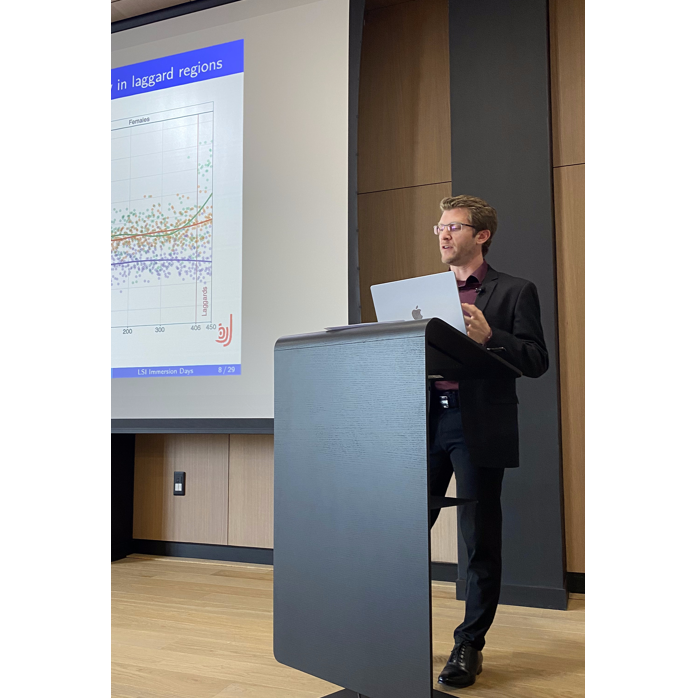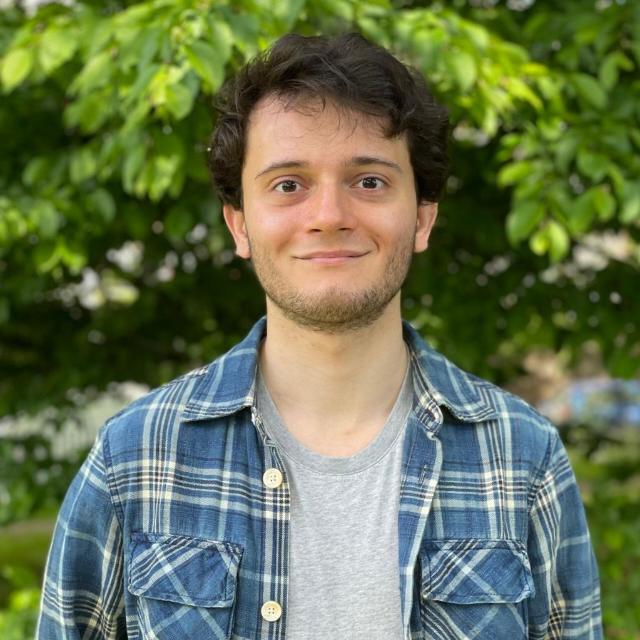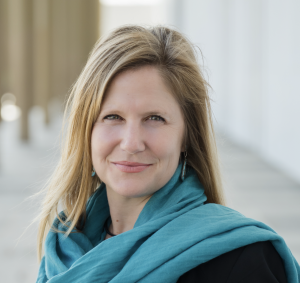Pandemics & Society Webinar 30th October, “Contextualizing the Global Burden of COVID-19 Pandemic: A Historical and Geographical Exploration of Excess Mortality in France, 1901–2021”
For the fifth Pandemics & Society Seminar of our Fall 2025 series we are pleased to welcome Florian Bonnet (INED). The seminar will be held on Thursday, 30th October at the normal time (1600 CEST). More information about our speaker and the presentation is below. You can sign up for email notifications about the seminar series, including the Zoom details, here.

Blurb: Why were some regions hit much harder by COVID-19 than others—and how new was this geography of mortality? In this talk, I will examine regional excess mortality during the pandemic in 2020 and 2021 across more than 500 regions in France and Europe, highlighting which areas were most affected and how spatial patterns evolved over time. I will then compare these recent patterns with four major mortality crises of the 20th and 21st centuries: the Spanish flu, the 1911 and 2003 heatwaves, and the Hong Kong flu. Using harmonized regional mortality data from the French Human Mortality Database, I will explore how the magnitude and spatial structure of excess mortality during COVID-19 fit within a longer historical continuum of longevity shocks.
Biography: Florian Bonnet is a tenured researcher at the French Institute for Demographic Studies (Ined). His work lies at the intersection of demography, economics, history, and geography, with a focus on the long-term evolution of social and spatial inequalities in longevity and economic development in France and across Europe. He combines historical data reconstruction with spatial and statistical analysis to uncover how regional disparities in mortality and living standards have emerged, persisted, and transformed over time. All his works can be found there: https://sites.google.com/view/florianbonnet/recherche?authuser=0




